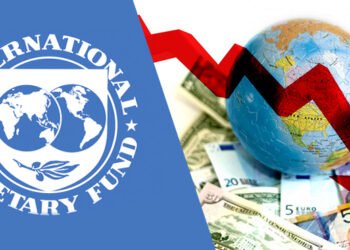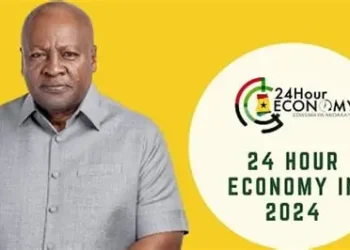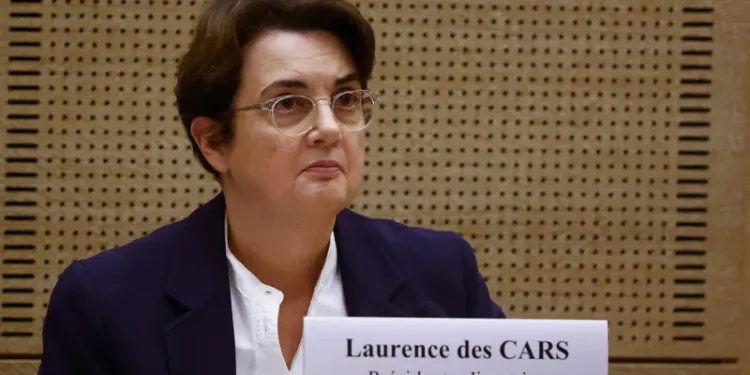Professor Lord Mensah has stated that the failure of the government to pass the e-levy will continue to affect investor confidence.
According to him, investors are likely to hesitate buying government bonds due to the lack of consensus in parliament over the implementation of the e-levy, saying “any portfolio investor who is coming into the country, trust me, will resist”.
Speaking on PM Express, the Professor of Finance at the University of Ghana Business School (UGBS) suggested that the e-levy should be implemented in stages at lower rates to enable the tax payers pay and continue to use the services. He noted that past records show that taxes earmarked for particular projects are actually not used for those purposes in Ghana.
Professor Lord Mensah expressed surprise that parliament could still not reach a consensus on the E-levy bill despite the recess.
“I’m surprised with all these days that parliament had to themselves being in recess, they couldn’t come up to a convergent point. I’m really surprised. If you look at what is happening in our parliament now, I can tell you that we have lost that touch of negotiation because over the years, parliament has been simple majority and policies have been run through without necessarily going through processes of negotiation here and there. So, that cap has been lost”.
Prof. Lord Mensah
Greater Challenge of the E-levy
The President of IMANI Africa, Franklin Cudjoe, who was also a panelist on the program, stated that the greatest challenge of the e-levy is the inability of the government to explain the basis for the choice of the rate and the government’s refusal to reduce it.
According to him, instead of the government providing the justification for the choice of the 1.75%, all that the government has been preaching are promises of employment creation and accelerated development. Mr. Cudjoe stated that it would be beneficial to know why the government is insisting on keeping the E-Levy at 1.75% instead of compromising to reduce it to a much lower rate.
Frankiln Cudjoe noted that the government’s claim of using proceeds from the E-Levy to create employment was a “scam” as these schemes were unsustainable and were unprofitable to the country’s economy.
E-Levy necessary to increase tax to GDP ratio
Meanwhile, Finance Minister Ken Ofori-Atta stressed that the E- Levy is a necessary tool to increase the country’s Tax to GDP from the current 13% to 16% and above if Ghanaians accept to pay the tax. According to him, the E-Levy would not only ensure that “we move towards a more sustainable debt level but would also ensure that we have the revenues to sustainably invest in entrepreneurship, youth employment, cyber security, digital and road infrastructure”.
The minister underscored that the E-Levy also provides a means for all Ghanaians to help support their country and grow “this economy as compliant citizens giving to Caesar what belongs to Caesar”.
In a press conference, the Minister highlighted that the E-Levy was borne out of a careful study of current trends in “this rapidly evolving digital age and is specific on the transactions on which it will be applied”.
However, speaking on PM Express last night, Member of Parliament for Banda, Ahmed Ibrahim, expressed surprise at the government’s decision to push through with implementing the E-levy without proper stakeholder engagement on the bill during the recess of parliament.
Meanwhile, despite the minority stressing that government has failed to do broader consultations on the e-levy, the Minister of Finance and other ministers continue their sensitization of the public on the need to pay the levy this week in the Eastern Region.
READ ALSO: Nobody In Government Engaged The Minority During Recess- Banda MP























